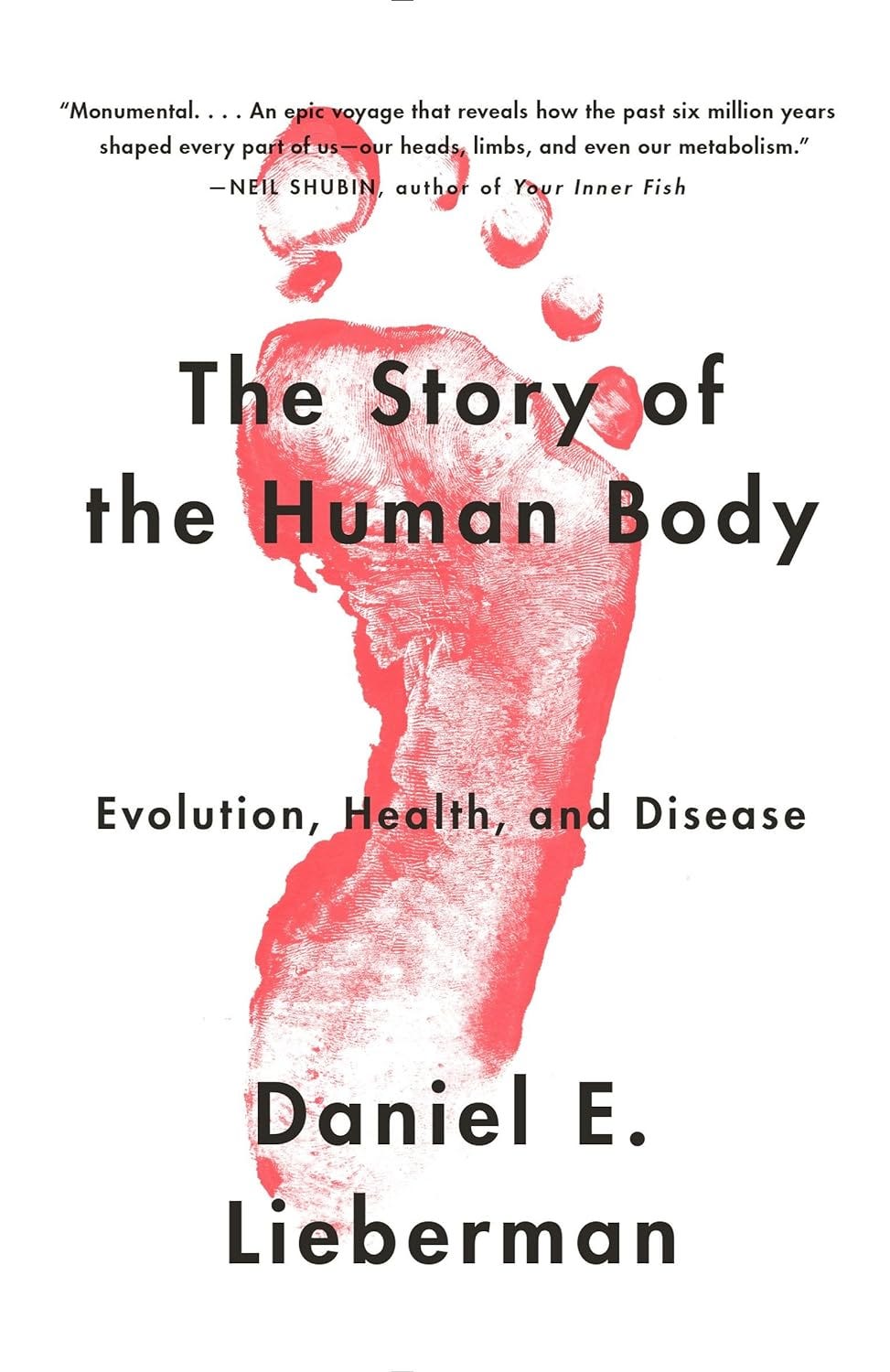The Promise and Pitfalls of Pharmaceuticals
When it comes to things we might do to improve our health or fight illness, our options are endless. How, then, do we narrow down the choices?
In the latest episode of the Better Brain Fitness podcast, we received a question from listener Nancy who wondered about the long term risks to the brain of anxiety medications. We used her question to dig into the broader topic of making informed decisions about health interventions.
Ultimately, it boils down to trying to identify the actions that will provide the best return on our efforts. Modern medicine has leaned heavily into pharmaceuticals, but there’s a growing awareness of an urgent need to course correct.
Some of the questions we explore in this episode include:
What are our safest and most effective tools for promoting health, and why?
What’s the difference between “supportive” and “disruptive” health interventions?
What is the difference between “Game Level” and “Source Code” health interventions?
What are the specific drawbacks to drugs that impact the brain?
How can we understand the role of pharmaceuticals in mental health treatment?
What are the common long term effects of the various anxiety medications on the brain?
Recommended Readings
For those interested in exploring why human health has taken a nosedive in the pharmaceutical era, here are a couple of highly recommend reads:
BOOK RECOMMENDATION 1:
Anatomy of an Epidemic: Magic Bullets, Psychiatric Drugs, and the Astonishing Rise of Mental Illness in America by Robert Whitaker
“Rather than fix chemical imbalances in the brain, the drugs create them.” - Robert Whitaker
“Anatomy of an Epidemic” is the book I mentioned in the podcast episode. Here’s an excerpt from the book description:
“Why has the number of disabled mentally ill in the United States tripled over the past two decades? Every day, 1,100 adults and children are added to the government disability rolls because they have become newly disabled by mental illness, with this epidemic spreading most rapidly among our nations children. What is going on?”
Whitaker does a wonderful job of not just outlining the scope of the problem, but of telling the story of how it happened (and how we can hopefully chart a new and better course).
Since the release of this book, Whitaker has continued to push for judicious, evidence-based prescribing of medications for mental health. He maintains the website madinamerica.com (which includes this compilation of papers on the long term risks of one class of anxiety medications, benzodiazepines, to mental health and the brain).
BOOK RECOMMENDATION 2:
The Story of the Human Body: Evolution, Health, and Disease, by Dan Lieberman
The story of rising mental illness since the introduction of psychotropics is one part in the larger tale of the exploding burden of chronic disease in the pharmaceutical era.
For deeper insight into how that came to be, and why drugs often exacerbate rather than alleviate the very conditions they’re intended to treat, check out “The Story of the Human Body” by Harvard biologist Dr. Dan Lieberman.
“We cannot expect science to devise a few highly effective treatments to cure most noninfectious mismatch diseases.” - Dan Lieberman




